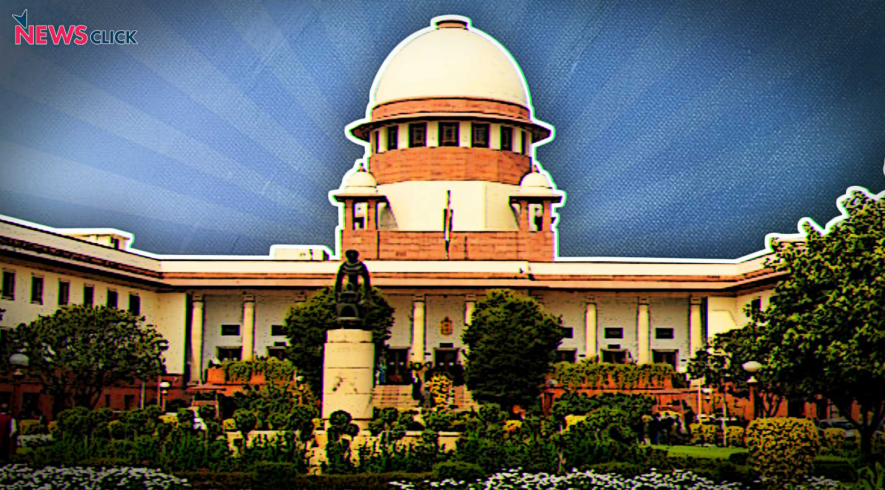SC Rules in Favour of MediaOne, Journalists' Bodies Applaud Decision

New Delhi: The National Alliance of Journalists (NAJ), the Delhi Union of Journalists (DUJ) and the Andhra Pradesh Working Journalists’ Federation (APWJF) have released a press statement welcoming the Supreme Court’s ruling revoking the Union Government’s ban on the Malayalam news channel MediaOne but notes with concern the caveats on the ‘sealed cover’ procedure.
The Supreme Court, on April 5, 2023, in a historic judgement, upheld the freedom of the press and the right to be critical of the government. It ruled that the Centre’s refusal to renew the broadcast licence of Malayalam channel MediaOne amounted to restricting the freedom of the press and that criticism of government policy does not constitute a “reasonable restriction” under Article 19(2) of the Constitution.
The court refused to accept the government’s national security argument to deny the licence; it said such a claim must be backed by material evidence. The court also disapproved of the “sealed cover” procedure that it has criticised on several occasions recently. It said a “less intrusive” public interest immunity proceeding could be the way out.
What transpired was that the channel’s application for renewal of its 10-year-old license was refused on January 31, 2022, by the Ministry of Information & Broadcasting, citing objections by the Home Ministry. The channel then went off the air for two months. The Kerala Union of Working Journalists, the Editor of MediaOne and some channel employees had moved the Kerala High Court against this, citing the loss of jobs as a concern, besides the issue of press freedom.
The Kerala High Court’s Division Bench upheld the Centre’s arguments that the channel was a threat to national security, accepting arguments in a ‘sealed cover’ from the Home Ministry. However, on March 15, 2022, the Supreme Court stayed the High Court order and allowed the channel to resume operations.
The NAJ-DUj, while welcoming the move, noted, “The NAJ-DUJ note that the state’s agencies frequently use the ‘sealed cover’ procedure, particularly in UAPA cases. This denies the accused access to the reasons why they have been charged, making it extremely difficult to put up a defence, thus effectively denying them justice. The Supreme Court’s critique of this procedure is therefore welcome.”
The release also pointed out, “MediaOne had extensively covered the CAA protests and the Delhi riots and, along with Asianet News, had been taken off air for 48 hours in March 2020. In this context, the DUJ_NAJ and APWJF welcome the Court’s broad observation that: The restriction on the freedom of the press compels citizens to think along the same tangent. A homogenised view on issues that range from socioeconomic polity to political ideologies would pose grave dangers to democracy.”
The Journalists’ bodies also welcomed the judgement since the state’s agencies frequently use the ‘sealed cover’ procedure, particularly in Unlawful Activities (Prevention) Act (UAPA) cases which deny the accused access to the reasons why they have been charged, making it extremely difficult to put up a defence, thus effectively denying them justice.
Get the latest reports & analysis with people's perspective on Protests, movements & deep analytical videos, discussions of the current affairs in your Telegram app. Subscribe to NewsClick's Telegram channel & get Real-Time updates on stories, as they get published on our website.























